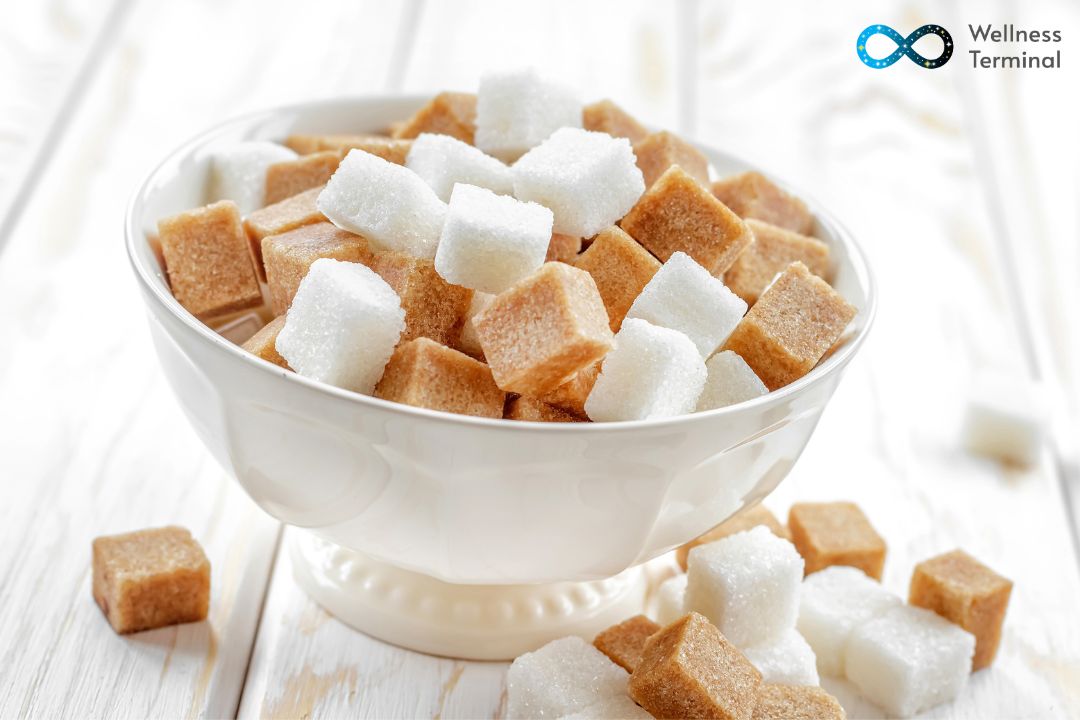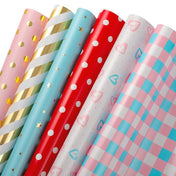When you think of sugar, the first thing that comes to mind is probably candy, soda, and desserts. But did you know that sugar is also hiding in many foods you might consider healthy? From yogurt to granola bars, sugar can be found in unexpected places. This is why it's important to know how to read nutrition labels and identify hidden sugars in your food.
Let's first discuss the various names for sugar that can be seen on a nutrition label. Words like glucose, fructose, sucrose, maltose, or dextrose might appear. These are all various types of sugar, and if you see any of them in the first few components, the food probably has a lot of extra sugar in it.
The "added sugars" part of a nutrition label is another thing to examine. To help consumers find hidden sugars, the FDA started mandating food producers to indicate the amount of added sugars in their goods in 2016. The American Heart Association advises men and women to limit their daily intake of added sugar to 6 and 9 teaspoons, respectively.

So, how can you reduce your sugar intake? Here are some tips:
- Choose whole, unprocessed foods. The more whole foods you eat, the less likely you are to consume added sugars. Focus on fruits, vegetables, whole grains, and lean proteins.
- Be mindful of portion sizes. Even if a product doesn't contain a lot of added sugar, if you eat too much of it, you'll still be consuming more sugar than you need.
- Make your own snacks. Granola bars, energy bites, and other snack foods can be packed with added sugar. Instead, make your own snacks at home using whole ingredients like nuts, seeds, and dried fruit.
- Swap sugary drinks for water or unsweetened beverages. Soda, juice, and other sugary drinks can be a major source of added sugar. Instead, opt for water, sparkling water, or unsweetened tea or coffee.
- Don't be fooled by "healthy" labels. Just because a product is marketed as "low-fat" or "organic" doesn't mean it's free of added sugars. Always check the nutrition label.
You may lower your risk of developing health issues like obesity, type 2 diabetes, and heart disease by being aware of how much sugar you consume and choosing foods wisely. Also, with more consistent energy levels and fewer sugar crashes, you'll probably feel better overall.

